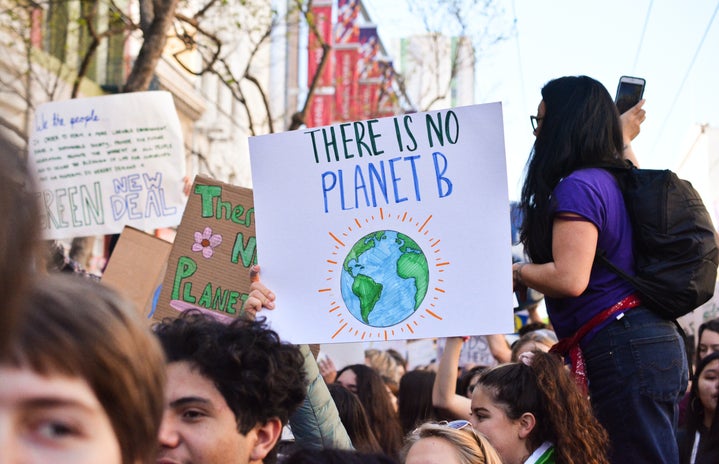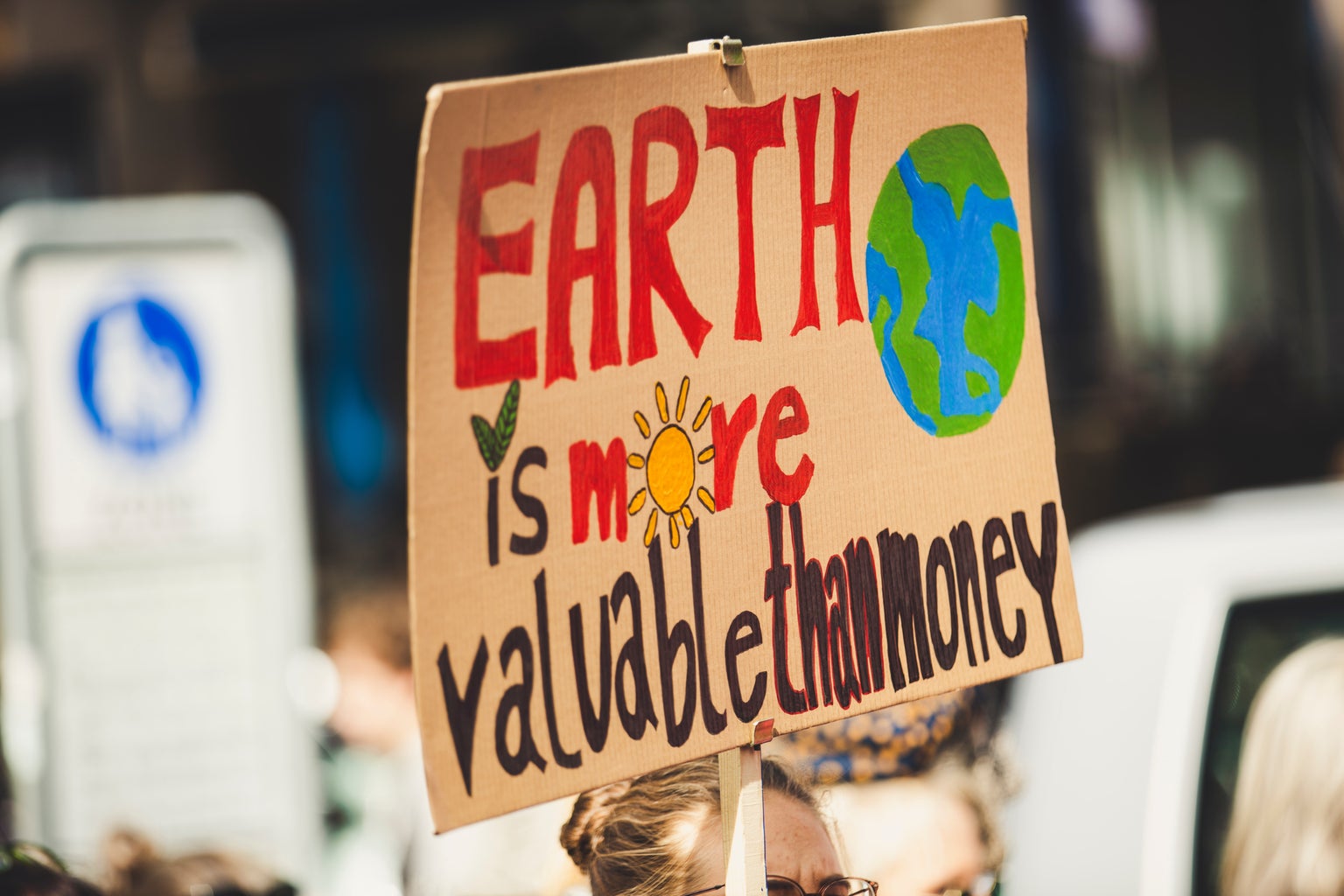In 2019, the UK legally committed itself to achieving net zero emissions by 2050 – this means that it will strike a balance between the amount of greenhouse gas it emits and removes from the atmosphere as part of a worldwide attempt to prevent global temperatures rising. The consequences of global warming will lead to devastating environmental, social and physical impacts. With only 26 years to meet this target, this leads us to ask what exactly the UK is doing to make sure it achieves this vital goal, and if they’re effective enough to save our climate.
On September 20th, PM Rishi Sunak announced major changes to the UKs path to net zero, hailing it a “more pragmatic, proportionate and realistic approach”. These changes include delaying the ban on new petrol/diesel cars and gas boilers by 5 and 9 years respectively. The government is also backing down from policies that mandate lifestyle changes, such as taking less flights or eating less meat, as they believe this should be down to the individual person.
These net zero targets are not favoured by all, the distaste mostly coming down to the financial cost of implementing change. In 2019, Chancellor Phillip Hammond advised the Prime Minister that it would require in excess of £1 trillion to reach targets as planned.
However, scientists and climate experts are also not impressed by Sunak’s less intensive policy. They also state that focusing too much on finances takes away from the savings and benefits achieving net zero would bring. A report by the CCC highlights the “benefits to human health” that less carbon emissions will bring, such as better air and water quality, less dangerous weather events, and a more active lifestyle. Changes to land use would also increase biodiversity and cheaper farming, promote better diets, and resilience to climate change altogether.
Whilst necessary changes pack a financial punch, you cannot put a price on the health and the future of society. The cost of not achieving net zero by 2050 would be far greater than the financial cost of getting there. The UK can indeed get to net zero, but only if enthusiasm is injected back into the cause. Reinvigoration is needed to establish a wider range of plans involving all sectors of the economy, and more research and collaboration is needed in order to seek out the best solutions. Only then can the UK secure its zero emission future.
Despite government and big companies being essential for leading the bulk of the change, there is plenty we ourselves can do to aid the effort in our own ways – every little helps! Here are just a few cheap and easy changes we can all make :
- eating less meat and dairy – why not try meatless mondays, or a 30 day vegan challenge!
- taking public transport – ditch that uber for the bus (your bank account will thank you).
- choosing lower energy lighting – using an LED bulb over traditional ones can save over 66kg of emissions a year!



